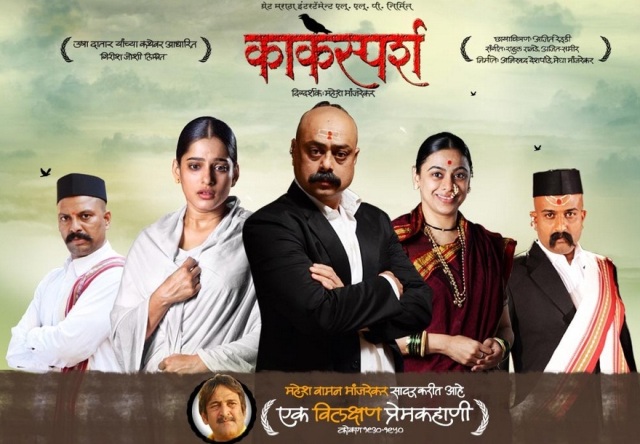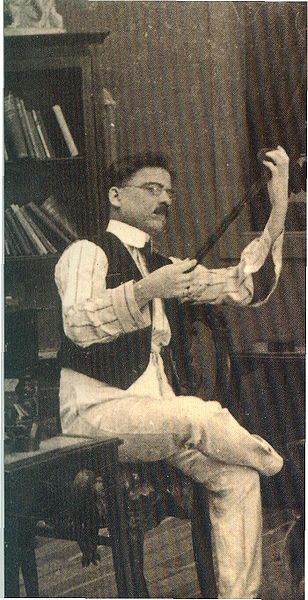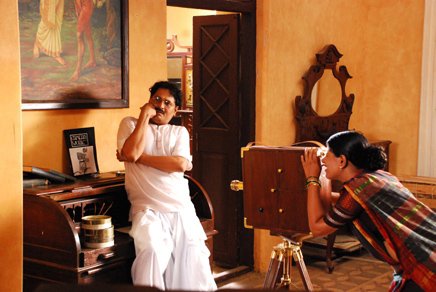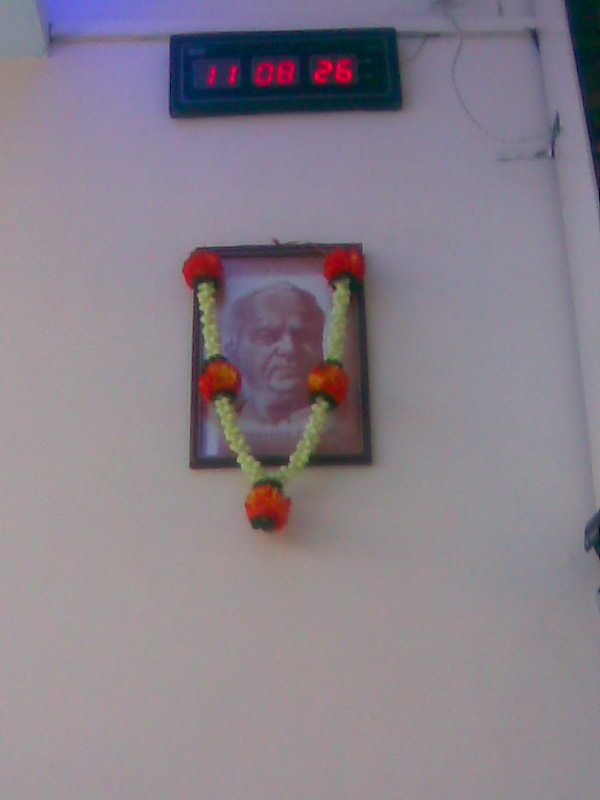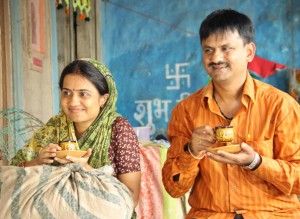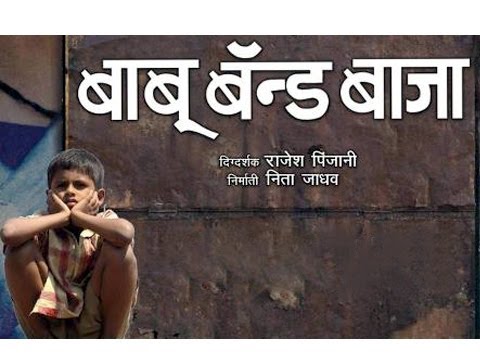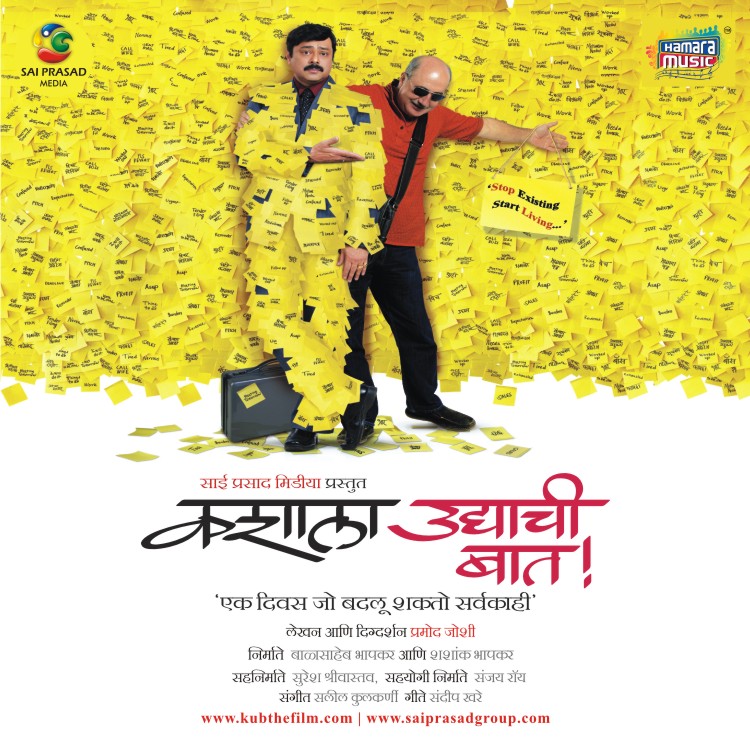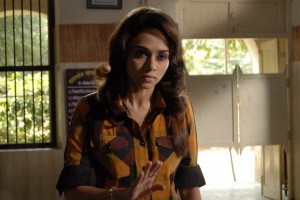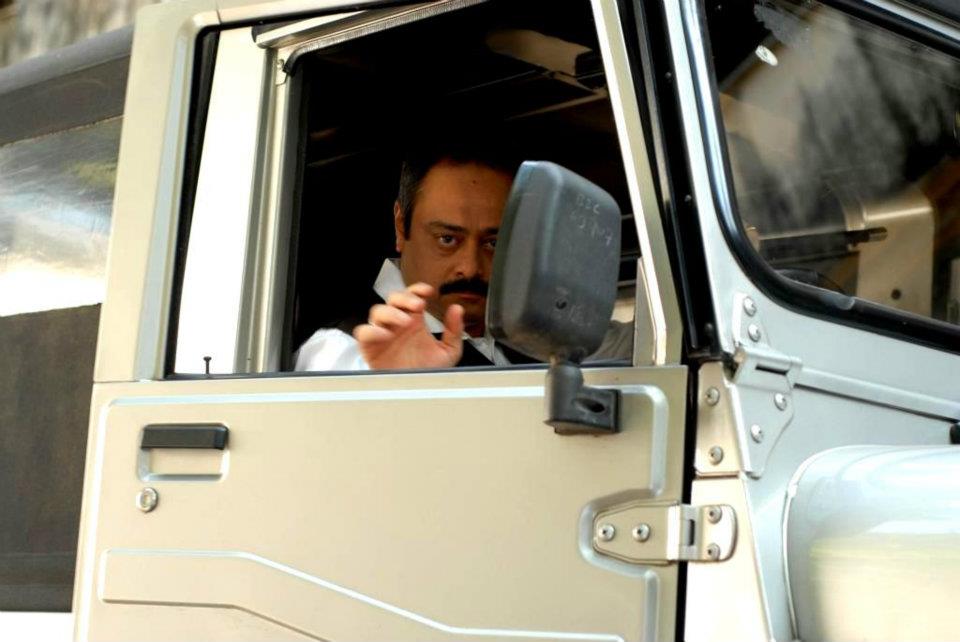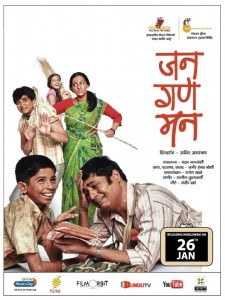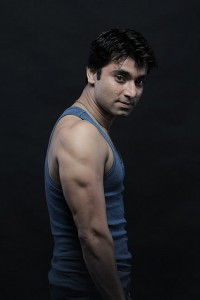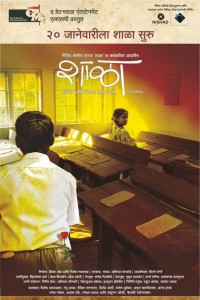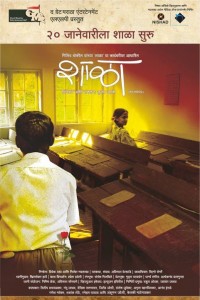Direction: Mahesh Vaman Manjrekar
Production: Great Maratha Entertainment
Writer: Girish Joshi (Screenplay and Dialogues), Usha Datar (Story)
Cast: Sachin Khedekar, Priya Bapat, Ketaki Mategaonkar
Music: Rahul Ranade, Ajit-Sameer
Rating: * * * ½
Plot: Based on a story by Usha Datar, Kaksparsh, set in the pre-independence era in Konkan, Maharashtra, revolves around Haridada (Sachin Khedekar), who is the head of the Damle family. Haridada gets his younger brother Mahadev (Abhijit Kelkar) married to the adolescent Durga, who is later named Uma (Ketaki Mategaonkar). However, the happiness of the Damle family is short-lived as Mahadev passes away due to illness on the night his marriage was to be solemnized.
Being a widow, Uma now has to live life full of atrocities. But Haridada comes to her rescue. His affection and care towards Uma raises a lot of questions.
Review: It is believed that love is the greatest feeling on earth. And what goes hand-in-hand with love is loyalty. It is this loyalty that compels you to sacrifice everything, including your life, for the one you love. Director Mahesh Vaman Manjrekar presents this fact in his latest offering Kaksparsh, a film that leaves an impact long time after you leave the cinema hall. But one has to mention that the film caters more to the lovers of serious, hard-hitting cinema.
The makers succeed in the difficult task of taking the viewer back to the 1930-50s era right at the onset. For this, the art director’s sincere efforts need to be appreciated for creating the bygone era with realism. Ajit Reddy’s artistic camerawork too deserves equal applause. Rahul Ranade and Ajit-Sameer’s compositions and the background score (which are apt for the subject) add further realism. But these things wouldn’t have created much impact without a creatively written script (Girish Joshi).
(Review continued after picture.)
Slowly but surely you get involved in the tale and subsequently start relating with the characters; their joys and sorrows. The writer does well in not extending the death and post-death scenes which would have also increased the length of the film. Extinguishing a lighted diva (lamp) as a symbolism for death was impressive. The writer and the director also leave a mark in the all important issue of widow’s rights and Sachin Khedekar’s stand on it.
The idea of narrating the tale in the form of a flashback in the second half works very well for it makes the audience curious in knowing the final outcome. The pace does drop in the latter part of the second half. This is where the patience of the entertainment-hungry audience will be tested.
But the moving and thought-provoking climax, which follows, sums up a well-made product. This was largely possible because of Khedekar’s terrific act in the finale that touches you. It is the performance of this veteran star that is the backbone of Kaksparsh as he gets into the skin of Haridada and pours plenty of life in it. This one is easily one of his best acts.
After her impressive act in Shala, Ketaki Mategaonkar continues her good work by portraying a difficult character. Priya Bapat, who plays the elder Uma, too gives a terrific performance. The scenes where she depicts pain and tragedy prove her talent. Savita Malpekar easily essays a character which would have challenged any talented actor. Vaibhav Mangle excels in a negative role and so does Sanjay Khapare as Haridada’s friend. Fine acts are also provided by Medha Manjrekar and Abhijit Kelkar.
Overall, Kaksparsh is a moving saga which will surely interest the thinking audience. Due to the positive opening it has received, it will turn out to be a winner at the box-office.
